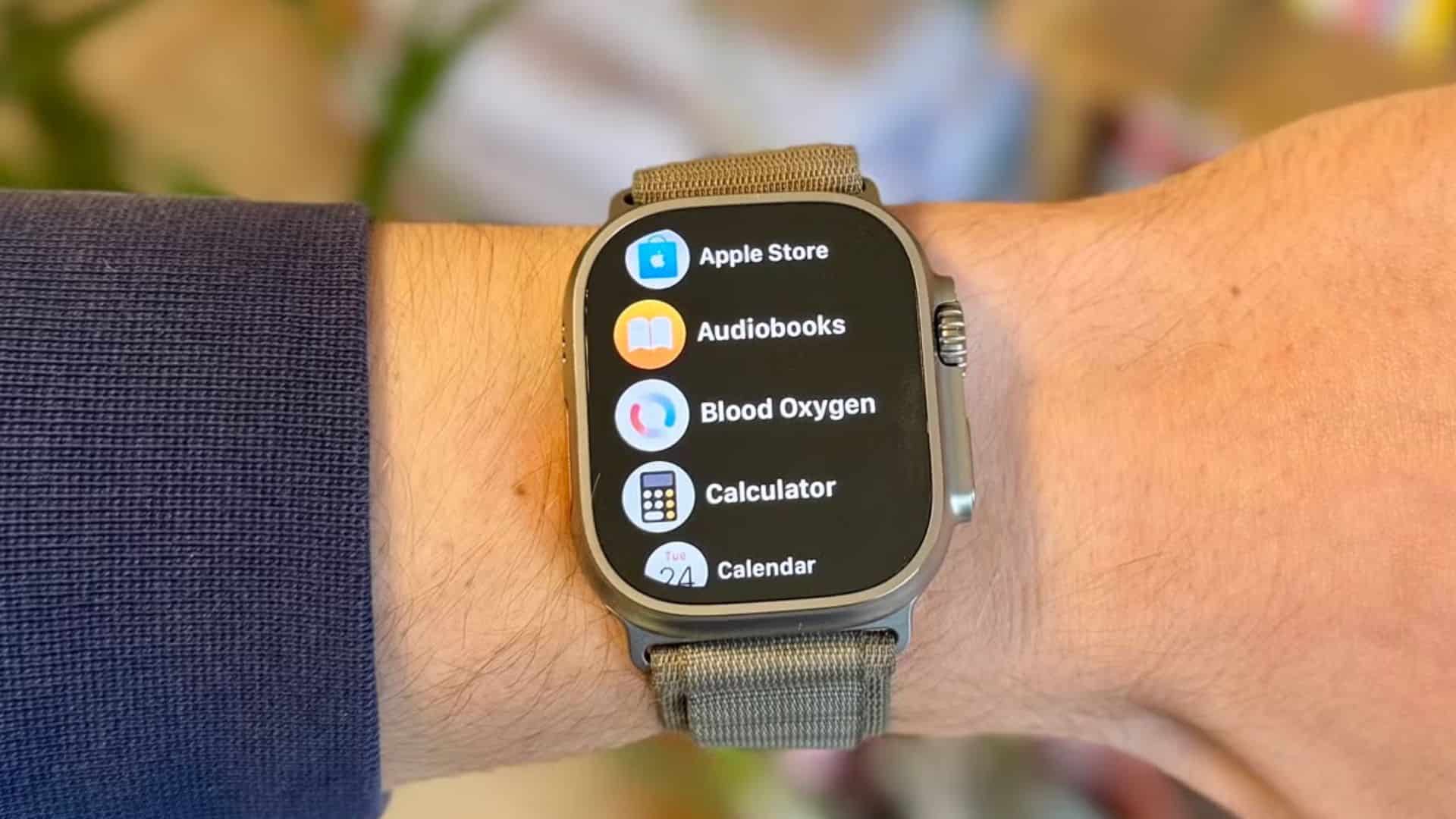In a significant escalation of its ongoing legal battle with Apple, medical technology company Masimo has filed a lawsuit against the U.S. Customs and Border Protection (CBP). The suit challenges the agency’s recent decision to permit Apple to reactivate the blood-oxygen monitoring feature on its Apple Watch models, a move Masimo contends infringes upon its patents and exceeds CBP’s authority.
Background of the Dispute
The conflict between Masimo and Apple dates back to 2021, when Masimo accused Apple of misappropriating its pulse oximetry technology. Masimo alleged that Apple had engaged in discussions under the guise of a potential partnership, only to recruit key Masimo employees and incorporate proprietary technology into the Apple Watch Series 6, which introduced blood-oxygen monitoring capabilities. This led Masimo to file a complaint with the U.S. International Trade Commission (ITC), seeking to halt the importation of Apple Watches equipped with the disputed feature.
In October 2023, the ITC ruled in favor of Masimo, determining that Apple had infringed upon two of Masimo’s patents related to non-invasive pulse oximetry. Consequently, the ITC issued a limited exclusion order, effectively banning the importation of Apple Watch models containing the contested technology. Apple appealed this decision, and the case is currently pending before the Federal Circuit.
CBP’s Reversal and Masimo’s Legal Challenge
Initially, in January 2024, CBP enforced the ITC’s ruling by allowing the importation of Apple Watches only if the blood-oxygen monitoring function was disabled. However, on August 1, 2025, CBP issued an internal advice ruling that reversed its earlier decision, permitting Apple to restore the feature through a software update. Apple announced on August 14 that it would reinstate the blood-oxygen monitoring capability for U.S. users by shifting the oxygen-level calculations to paired iPhones instead of processing them directly on the watch.
Masimo contends that CBP’s reversal was conducted without proper notification or the opportunity for Masimo to respond, violating the Administrative Procedure Act and due process protections. The company argues that this abrupt change deviates from CBP’s established practice of requiring adversarial proceedings and undermines the ITC’s prior findings.
In its lawsuit, filed in the U.S. District Court for the District of Columbia, Masimo seeks a temporary restraining order and preliminary injunction to block CBP’s August 1 ruling and reinstate the January restriction. The case is titled Masimo Corp. v. U.S. Customs and Border Protection, D.D.C., No. 25-cv-2749, with the complaint filed on August 20, 2025.
Implications for the Market and Consumers
The legal tussle between Masimo and Apple has significant implications for both companies and consumers. For Apple, the ability to offer blood-oxygen monitoring is a key selling point for its Apple Watch, particularly as health and wellness features become increasingly central to consumer interest. The restoration of this feature, albeit through a workaround involving paired iPhones, may help Apple maintain its competitive edge in the smartwatch market.
However, Masimo argues that Apple’s actions constitute unfair trade practices that harm its competitive standing in the U.S. marketplace. The company emphasizes that each day the unlawful ruling remains in effect irreparably deprives Masimo of its rights and market position.
Broader Context and Industry Impact
This dispute is emblematic of the broader challenges tech companies face when integrating advanced health monitoring features into consumer devices. The intersection of consumer electronics and medical technology raises complex legal and regulatory issues, particularly concerning patent rights and the classification of devices as medical instruments.
Apple’s legal battles are not limited to Masimo. The company has faced similar disputes with other medical technology firms, such as AliveCor, over features like heart rate monitoring and electrocardiogram (ECG) capabilities. In some cases, Apple has successfully appealed decisions that threatened to ban the importation of its devices, highlighting the contentious and ongoing nature of these legal confrontations.
Conclusion
As the legal proceedings between Masimo and Apple continue, the outcome will likely have far-reaching consequences for the wearable technology industry. The case underscores the delicate balance between innovation, intellectual property rights, and regulatory compliance in the rapidly evolving landscape of health-focused consumer electronics. Both companies, along with consumers and industry stakeholders, await the court’s decision, which will shape the future of health monitoring features in wearable devices.



